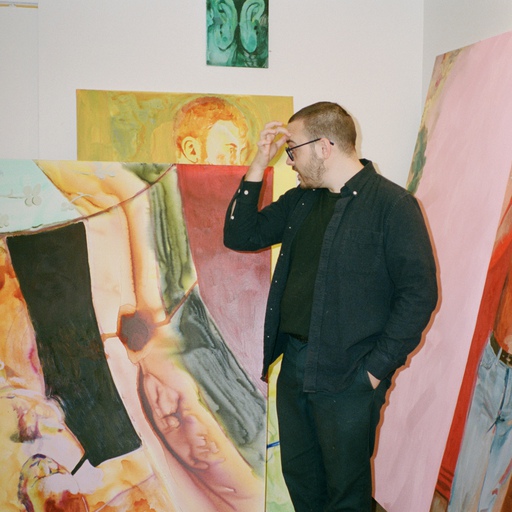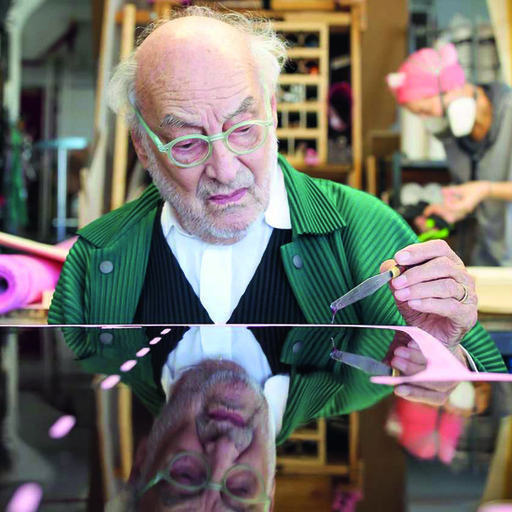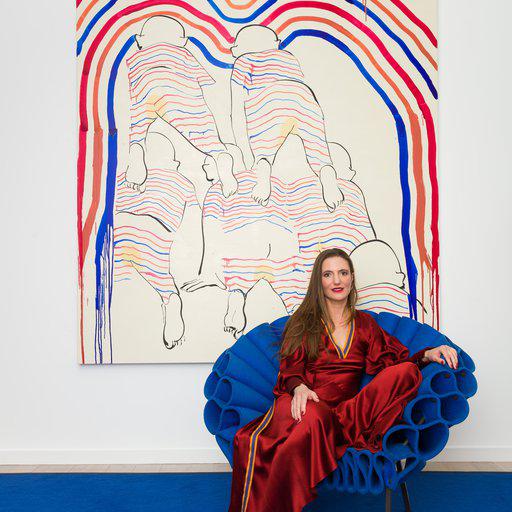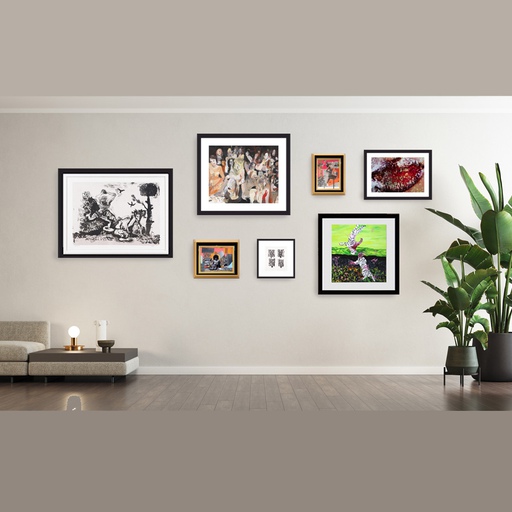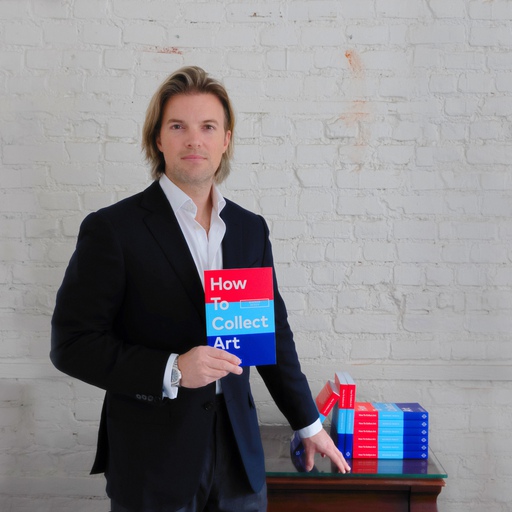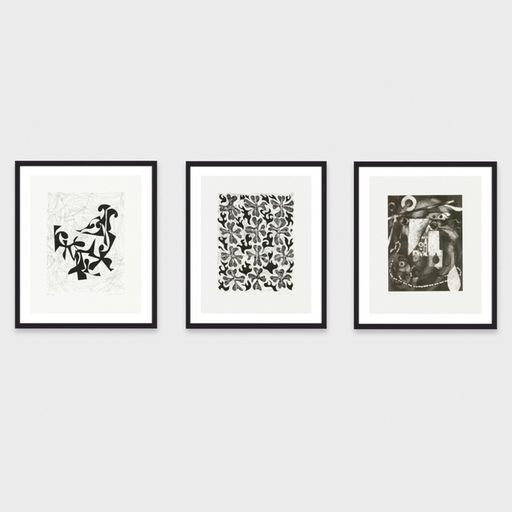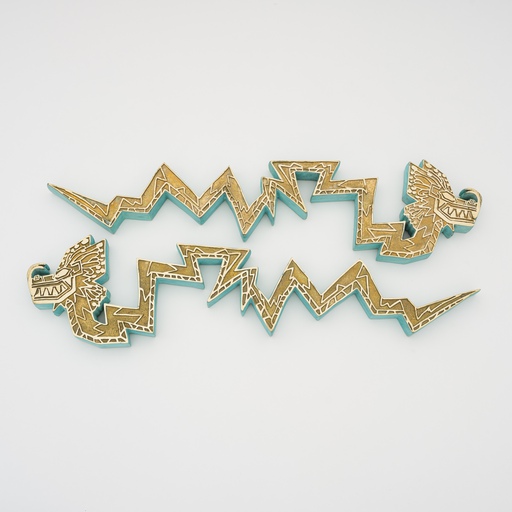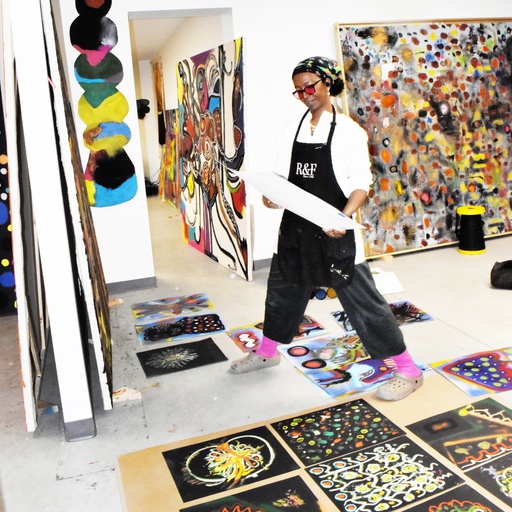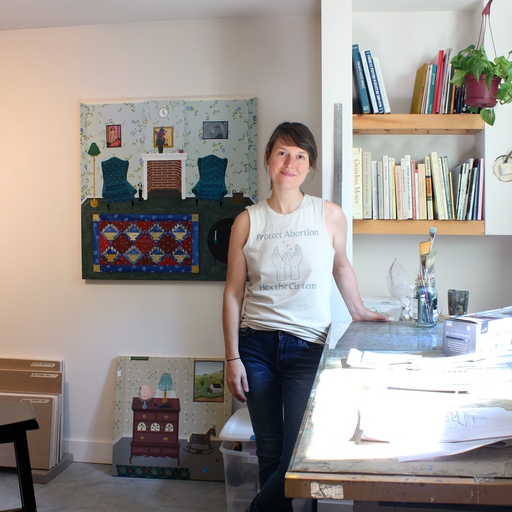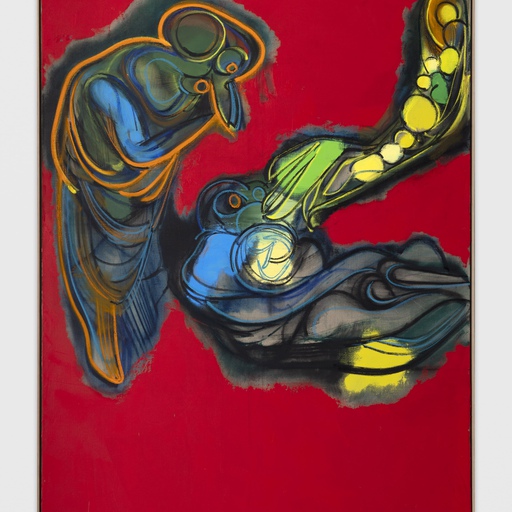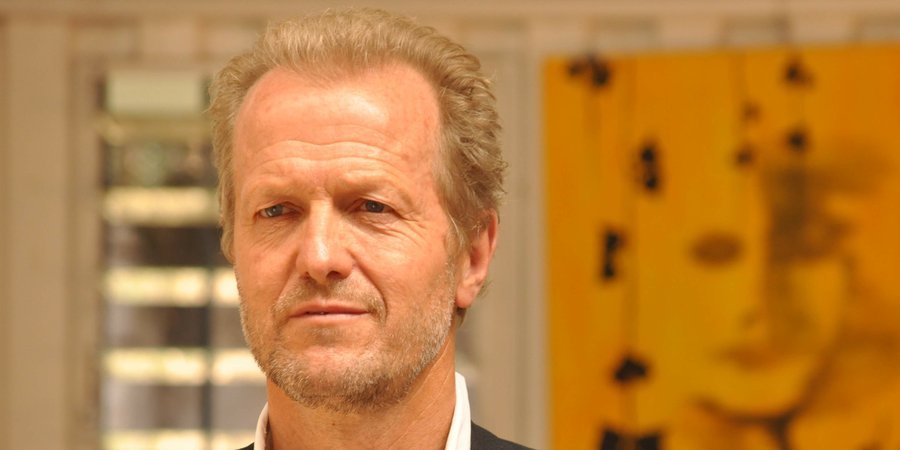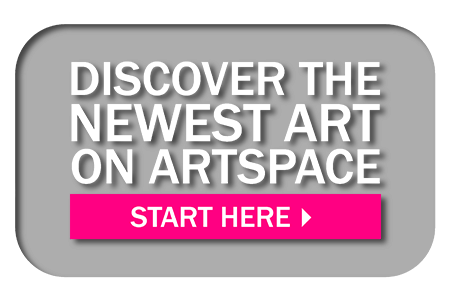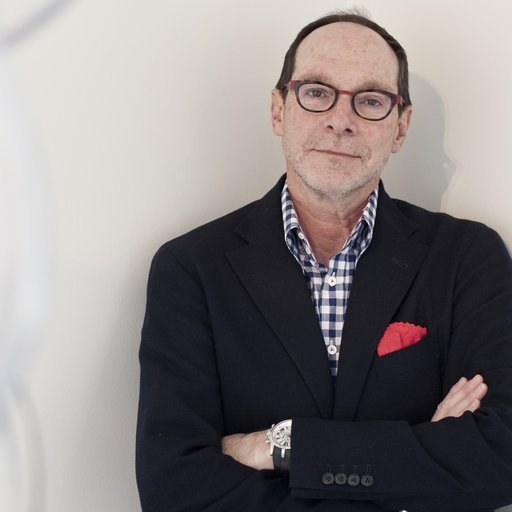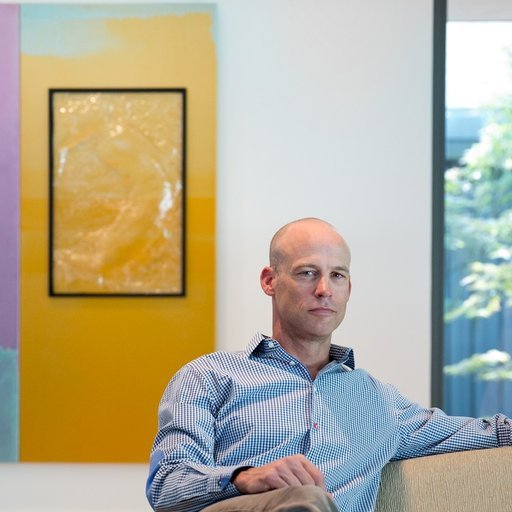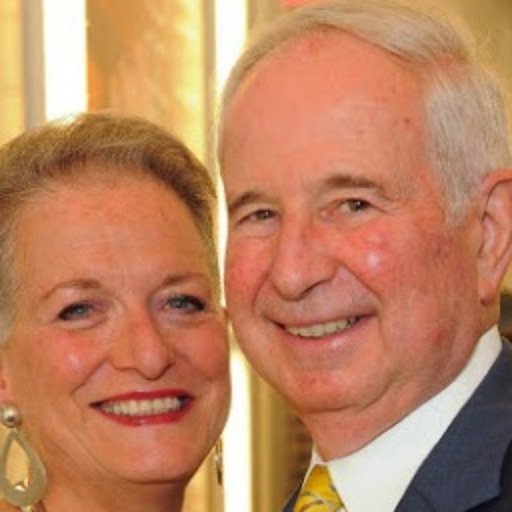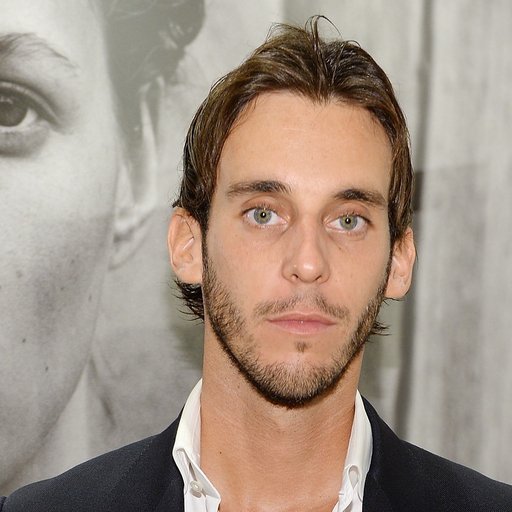As a founding partner in the Virgin Group, the London-based art patron and Frieze Events and Magazines chairman Robert Devereux spent a good part of the 1980s and 1990s traveling. He fell in love with Africa, bought a home in Kenya, and, although he has since retired from the company, has gone on to devote his time and effort almost entirely to the African art scene. Today, Devereux, who is currently chairman of the Tate's African acquisition committee, a founder of the African Arts Trust, and an early investor of the new fashion label Maiyet, which sources jewelry from Nairobi, spoke to Artspace about why contemporary African art deserves a serious look.
In 2010, you auctioned off £4 million worth of modern British art from your personal collection, including works by Lucian Freud and Anthony Caro, in order to set up the African Arts Trust. What spurred the decision to prioritize African art?
If I go anywhere more than once, I try to find the artists. So because I traveled to east and southern Africa so much it was inevitable that I'd take an interest in local artists. It was an incredible world of diversity and vitality and talent and, all artists have to struggle, but there are not many places harder than Africa. When we had the sale at Sotheby's, I made sure to be as far away as possible—I found a business excuse in Nairobi—because I knew I couldn't be physically present. There's a part of me that thinks it would've been a bit ghoulish to be there, a bit like watching your own death.
This year marks the debut of London's first fair for contemporary African art, 1:54. Do you think collectors in the city are prepared to support such an emerging market? And what do you make of speculations that Africa has the potential for an art-market surge like we saw in India or Brazil?
The market is growing, but it's slow, and I expected that. To a certain extent, that's quite healthy. I never thought we'd have an explosive take-off like in China, India, or Brazil. I just came back from Johannesburg art fair which, was a great success in terms of sales and as successful a fair as anywhere. South Africa is still ahead by some margin, although Nigeria is making leaps and bounds when it comes to practicing galleries, and there was a good smattering of work bought from Mozambique and Zimbabwe galleries. It's vibrant, but without, I think, any remote risk of a bubble.
In the two years that the African Arts Trust has been operational, it has focused predominantly on giving grants to local organizations. Why did you decide to go this route instead of directly funding artists or residency programs?
I didn't want to set up a new foundation or charity because I think there are arguably more than enough already, but I couldn't really find any that were sufficiently directed at what I wanted to do. This is a grant-giving foundation, so it doesn’t own or manage any of its own projects, but it funds others'. It doesn't fund artists; I didn't want to make grant decisions based on artistic judgments since I make those as a buyer of art already. What I really want to do is support grassroots organizations in places like Kampala, Nairobi, Harare, and Johannesburg. The common denominator is that the groups provide resources for artists, such as gallery spaces, internet support, libraries, tuition, and studios—there’s a great need for space, not just for painters, but for conceptual artists who often need to get away from their domestic quotidian environments. We fund a few residencies and artist exchanges, but I very much want it to go to sustainable organizations.
In which African nations and regions do you see the most artistic promise today?
Definitely Nigeria, although my knowledge of Africa is quite centered around sub-Saharan Africa. I know there was a vibrant scene in Egypt, but I don't know what has happened since the Arab Spring. There’s wonderful stuff happening in Benin, Cameroon, Cote d'Ivoire. But Nigeria is sort of the coming force. El Anatsui was not born in Nigeria, but he has lived there for many years and everyone knows about him. Also, Nnenna Okore is from Nigeria and so is photographer George Osodi, who has a show opening in London right now.
What was your introduction to art collecting?
I’m slightly uncomfortable with the label of collector. It suggests possessiveness and focuses on the part of the activity that is least engaging to me, the ownership, which doesn't interest me as much as the exploration and engagement with the work. But, to answer your question, I started buying art because I would buy my mother a picture for every birthday and Christmas. It was my introduction to appreciating the fact that you can buy art, even though most of what I bought was reproductions of Brueghels, so maybe that doesn’t count. I went on to study the history of art and the next step really was in the ‘80s, when my then-wife had an art gallery. I was able to support it financially by acquiring work by her artists—William Kentridge, fortunately, was one of them, which was a great stroke of luck. Ironically, three were South African, including Louis Maqhubela and Beezy Bailey. Now, for the last 30 years, my primary focus has been on buying younger, emerging art.
Would you say that you subscribe to any kind of philosophy when it comes to buying art?
No, I’m probably almost the opposite. I'm very eclectic in what I buy. I've gone through periods where I buy only bought portraits, for example. My British art buying, which is at a low moment right now, focused on 3D sculptural work. I’ve never bought a lot of film, and always been a little critical of fine artists ability to understand the medium, but fine-art film is going through a particularly fertile patch at the moment and I've been buying a bit of that. My philosophy is extremely simple: I buy what makes the hairs on the back of my neck stand up. I don't often buy instantaneously; I like discovering new work and spending a bit of time with it.

